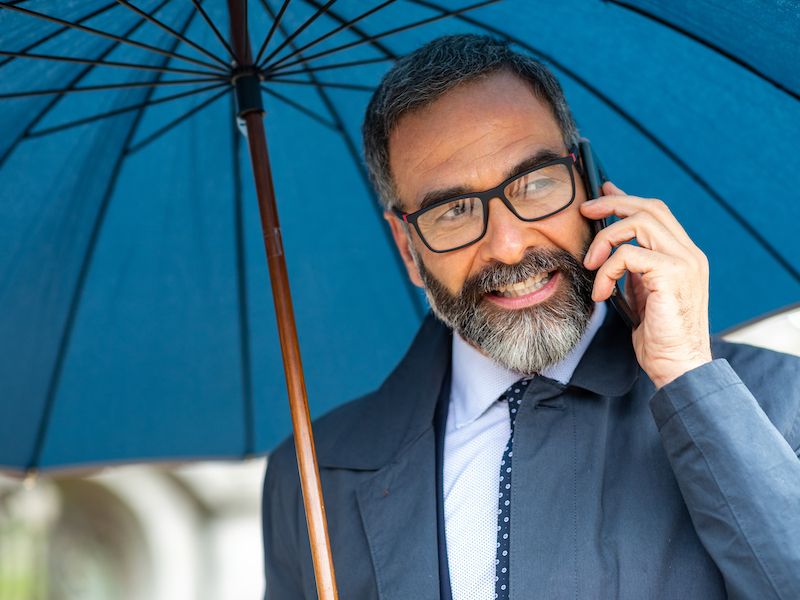
John’s having a difficult time at work because he doesn’t always hear conversations. He’s in denial and is constantly telling himself that everyone is speaking unclearly. He thinks that you should be older to wear hearing aids, so he hasn’t scheduled a hearing test and has been steering clear of a hearing exam. Unfortunately, he’s been turning up the volume on his earbuds in the meantime and doing significant harm to his hearing. So, unfortunately, his denial has prevented him from seeking out help.
But John’s outlook is more outdated than he recognizes. Because the stigma about loss of hearing is becoming less prevalent. While in some circles, there’s still a stigma surrounding hearing loss, it’s far less apparent than it was in the past, especially with younger generations. (Ironic isn’t it?)
What is The Harm of Hearing Loss Stigma?
Simply put, hearing loss has some cultural and social associations that aren’t always necessarily true or helpful. For some people, hearing loss may be regarded as an indication of old age or a loss of vitality. People are commonly worried that they could lose social status if others know they suffer from hearing loss. Some might think that hearing aids make you appear older or not as “cool”.
This problem may be thought of as trivial and not associated with reality. But there are some very real implications for people who are attempting to cope with the stigma around hearing loss. Some examples include:
- Relationship problems (that isn’t just selective hearing…you really didn’t hear what was said).
- Career setbacks (perhaps you didn’t hear a significant sentence in a business meeting).
- Avoiding hearing loss treatment (leading to less than ideal outcomes or unnecessary struggling).
- Job hunting problems (it’s unfortunate, but some people may buy into the stigmas around hearing loss even if it’s not entirely legal).
There are quite a few more examples but the point is well made.
Fortunately, this is all changing, and It seems as though the stigma of hearing loss is truly going away.
The Reasons For The Decline of Hearing Loss Stigma
There are a number of significant reasons why hearing loss stigma is declining. Population demographics are transforming and so is our perception of technology.
Hearing Loss is More Common in Youth
Possibly the primary reason that hearing loss stigma is vanishing is that hearing loss itself is starting to be increasingly common, particularly with younger individuals (and we’re talking mostly about young adults not kids).
34 million U.S. citizens deal with hearing loss according to most statical studies, which breaks down to 1 out of every 10 people. Most likely, loud sounds from several modern sources are the leading reason why this loss of hearing is more prevalent than ever before.
There is more discussion and understanding about hearing loss as it becomes more widespread.
We’re More Confident With Technology
Possibly you resisted your first pair of hearing aids because you were worried they would be a noticeable sign that you have a hearing condition. But nowadays hearing aids nearly completely blend in. No one notices them. This is also, in part, because hearing aids are smaller than ever and in most circumstances are very subtle.
But frequently hearing aids go undetected because today, everyone has something in their ears. Technology itself is simply so prevalent (and individual) that no one bats an eyelash when you’ve got a tiny piece of practical technology yourself.
A Change in Thinking Long Overdue
There are other reasons why hearing loss has an improved image right now. Much more is generally understood about hearing loss and there are even famous people that have told the public about their own hearing loss conditions.
There will continue to be less stigma concerning loss of hearing the more we see it in the world. Of course, now we are trying to do all we can to prevent hearing loss. The ideal would be to change the trends in youth hearing loss while battling against hearing loss stigma.
But at least as the stigma fades, more people will feel comfortable scheduling an appointment with their professionals and having frequent screenings. This will keep everyone hearing better and enhance overall hearing health.